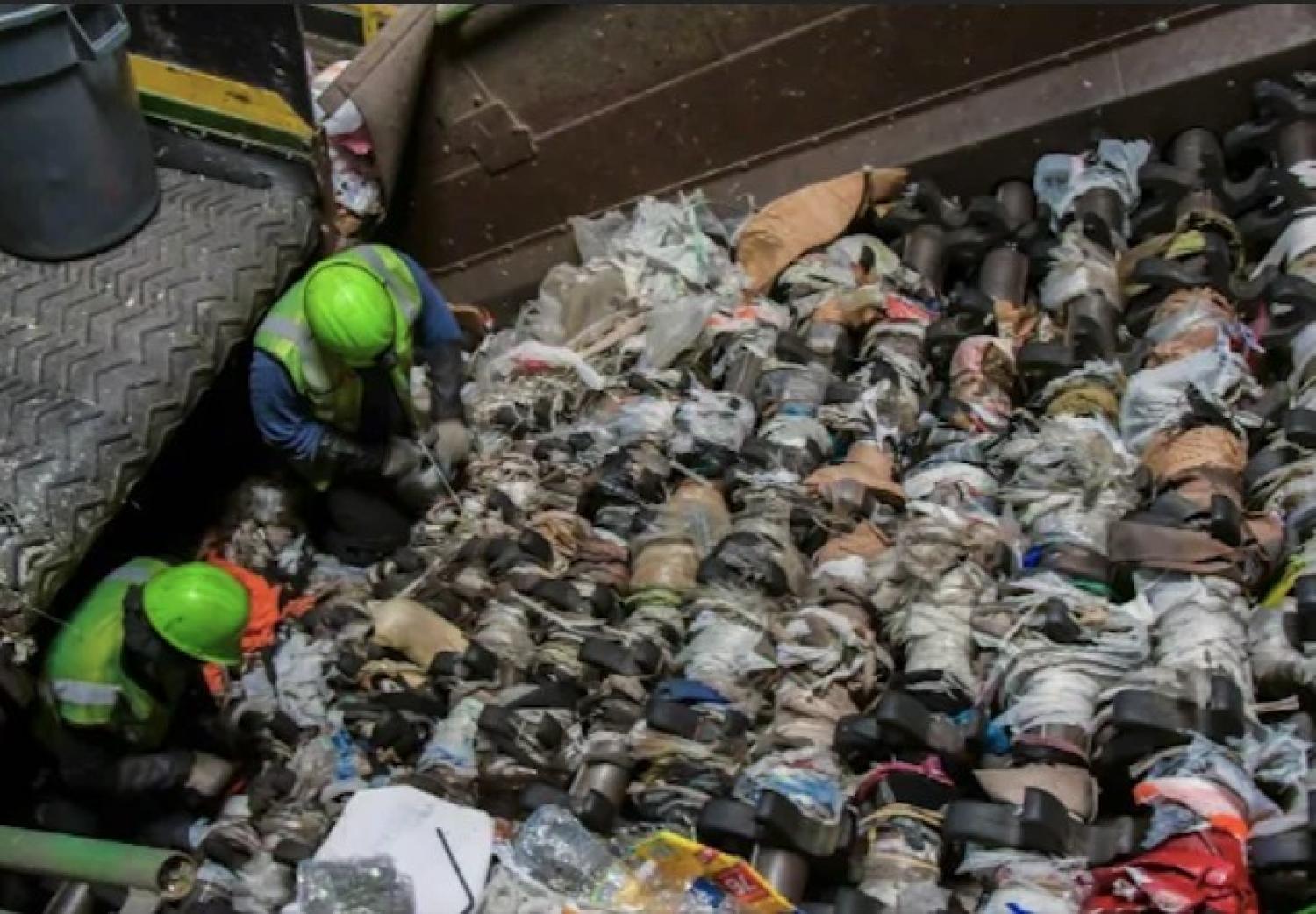Issues with plastic bags and the ripple effect

More than 100 billion plastic bags are used in America each year. One of the first steps to living an environmentally friendly lifestyle is to eliminate plastic bags from your life. This action can start to feel arbitrary - is switching to reusable bags really making that much of a difference? This article serves as a reminder to those who have eliminated plastic bags from their life that YES, it makes a big difference, and to encourage those who haven’t eliminated plastic bags why it is important to do so.
Plastic bag manufacturing
- Most plastic bags are made out of polyethylene.
- Ethylene is predominantly obtained through either crude oil or natural gas, which must be extracted from the earth.
- Ethylene is extracted and treated to become a polymer, and then polyethylene is formed.
- Extraction of crude oil and natural gas is done through the process of fracking.
- This process injects a mixture of water and chemicals into rock formations to release oil and gas.
- If any leaks occur, it presents severe implications for the environment and human health.
- Raw oil and gas are transported through pipes to a refinery after extraction.
- At these refineries, petroleum is separated to allow the right oil to be singled out for plastic production.
- The oil is then superheated and pressurized to isolate pure polyethylene chains.
- Then the polyethylene chains are combined to form resin pellets of pure plastic.
- Pellets are heated and pressurized to form a molten liquid that is formed into the plastic bags that we are so familiar with.
- Americans use 100 billion plastic bags a year.
- This requires 12 million barrels of oil to manufacture.
- Eliminating plastic bags from your life reduces oil extraction.
Plastic bags are hard to recycle
Plastic bags are hard to recycle material.
They cannot be put in at-home curbside recycling.
Plastic bags must be recycled separately from other materials.
If you find yourself in possession of any type of plastic bag, be sure to clean, dry and drop it off at the proper site.
It takes a lot of energy to recycle plastic bags.
Plastic bags that make it to the proper facility are chipped into pellets.
Pellets are either manufactured into new plastic bags or plastic lumber.
Plastic bag disposal
Plastic bags are used for an average of 12 minutes and then either properly recycled, put in at-home curbside recycling, thrown in landfills or littered.
There are major consequences if plastic bags are not disposed of properly.
Plastic bags that end up in landfills or in the environment take more than 1,000 years to decompose.
During this time, animals come in contact with the material and are at risk. As the plastic breaks down, microplastics are leached into our soil and water.
Plastic bags that end up in at-home curbside recycling end up tangled in sorting equipment. This slows the recycling process, damages or breaks recycling equipment and puts workers at risk of harm. The photo shows workers detangling dozens of plastic bags from sorting equipment.
Your actions make a difference!
When you bring a reusable bag to the grocery store, you create a ripple effect.
A ripple effect of values is “a means to direct and accelerate the pace at which environmental concerns shape mainstream societal norms and structures, and become institutionalized in the form of ‘societal levers (sciencedirect.com).’”
When people see others changing their behavior, they will often do the same. The more reusable bags are seen in grocery stores, the more people will follow suit and make the switch!
Be an environmental trendsetter!
Do your part to make reusable bags the new norm!


